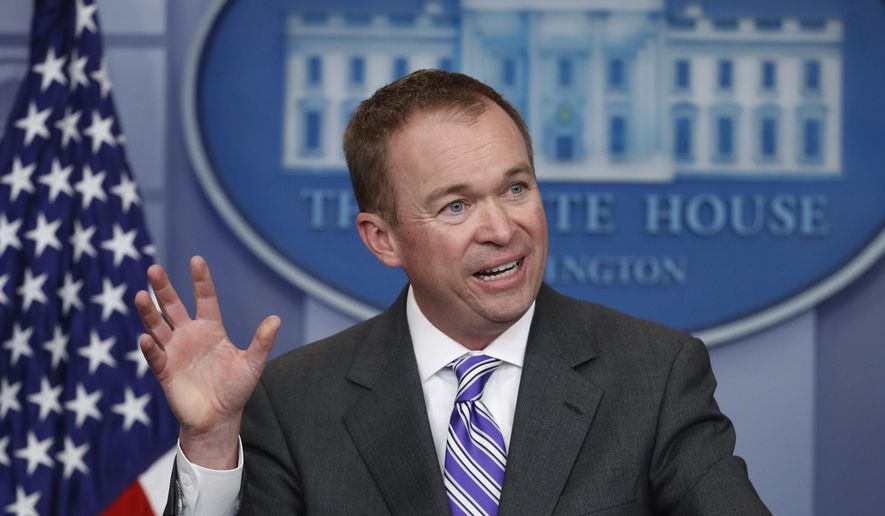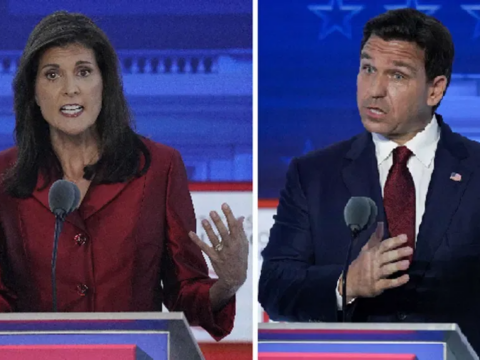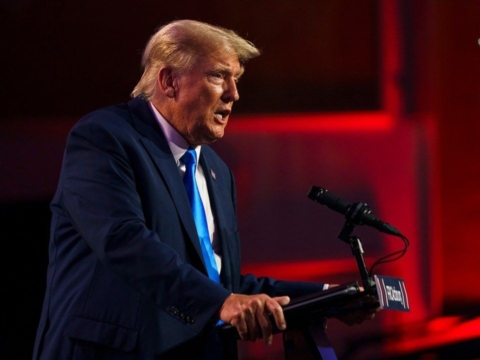
WASHINGTON (Diya TV) — President Trump’s Thursday proposal for deep cuts to to the budgets of a broad part of the federal bureaucracy was billed as a tough-minded and necessary corrective to the growth of the government’s power. However, members of his own party questioned some of the cuts — and some of the things that weren’t cut.
The harshest criticisms to Trump’s proposals came from Democrats and liberal organizations, but in a city where many federal programs are cloaked with longstanding bipartisan support, some Republicans also assailed the president’s judgment.
“While we have a responsibility to reduce our federal deficit, I am disappointed that many of the reductions and eliminations proposed in the president’s skinny budget are draconian, careless and counterproductive,” said Representative Harold Rogers, Republican of Kentucky and a former chairman of the House Appropriations Committee. “We will certainly review this budget proposal, but Congress ultimately has the power of the purse.”
The proposal’s bottom line is roughly the same as former President Barack Obama’s last budget request, but it also marks Trump’s inaugural attempt to dismantle what his aides refer to as the “administrative state.” Trump’s $1.1 trillion spending plan envisions cuts to many government programs while leaving entitlement programs like Social Security untouched. It increases spending on the military and border security.
To those who objected to Thursday’s proposal, Mick Mulvaney, the president’s budget director, had a simple message on Thursday: What did you expect?
Mulvaney said after-school programs have failed to help children in schools, that housing programs were “not well run,” that government health research had suffered “mission creep” and that grants to local communities “don’t do any good.”
He hushed any questions that were asked about funding to the United Nations, saying that they “should come as a surprise to no one who watched the campaign.” And he said that the president made no apologies for eliminating the government’s efforts to curb climate change.
“We’re not spending money on that anymore,” Mr. Mulvaney told reporters at the White House. “We consider that a waste of your money to go out and do that.”
Under Trump’s proposal, funding for the environment, diplomacy, housing, health services and the arts will be cut 20 to 30 percent. In 19 cases, funding will be eliminated, including for the Appalachian Regional Commission, the Neighborhood Reinvestment Corporation and the Corporation for Public Broadcasting. Military spending would increase by $54 billion, a 10 percent rise, in 2018, in addition to a $30 billion increase in the current year.
Military supporters praised Trump for setting the tone for what they believe is a much-needed reconstruction of the nation’s armed forces, though several key lawmakers said that even his proposed increase would not be enough for a military that they say is too small and unprepared to meet modern threats.

Amnesty International called the cuts to foreign aid “shameful” and predicted “global consequences.” The Union of Concerned Scientists said cuts to scientific programs were “antiquated ideas and misguided science, which will hurt our economy, kill jobs, make us less safe.” The American Library Association said that eliminating federal funds for libraries was “counterproductive and shortsighted.” Randi Weingarten, the president of the American Federation of Teachers, said, “This budget takes a meat cleaver to public education.”
Information from The New York Times contributed to this report.




